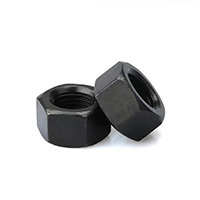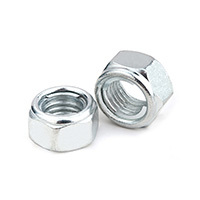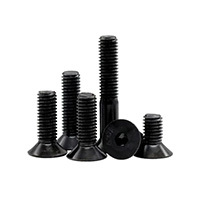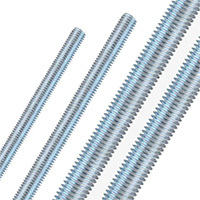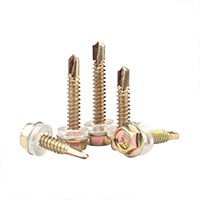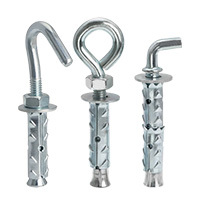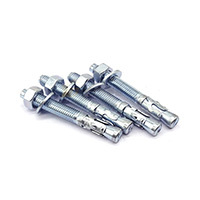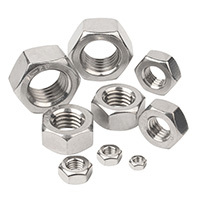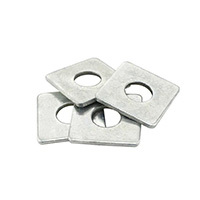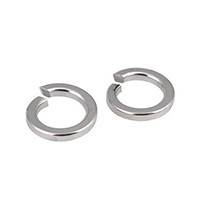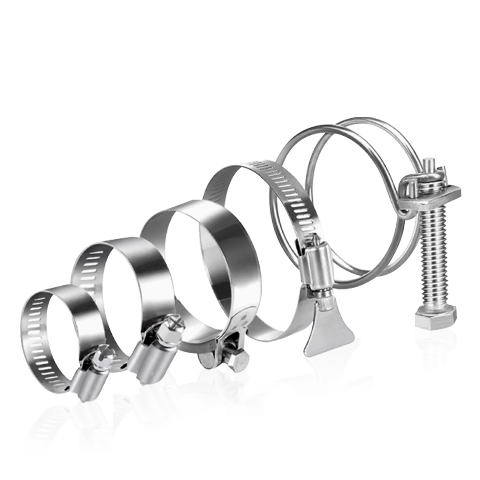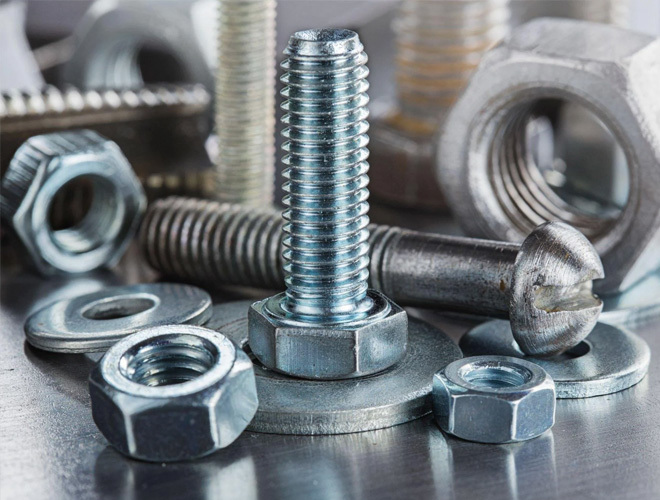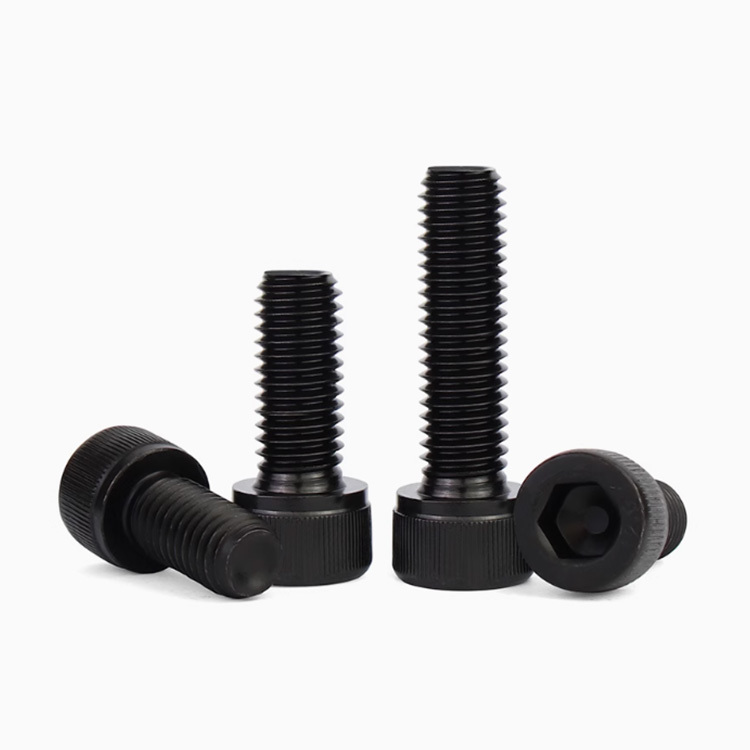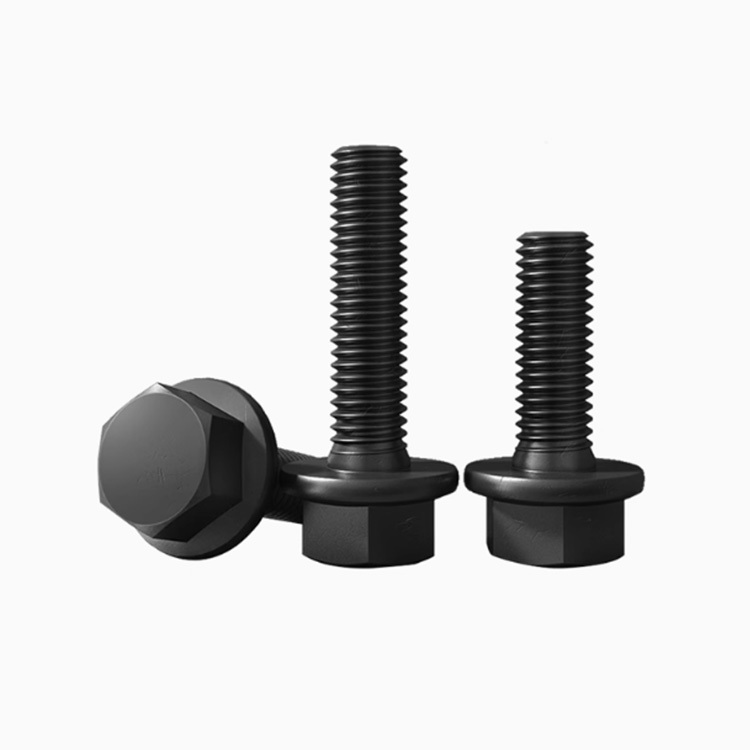Beyond Basics: The Engineering Behind High Strength Hexagon Bolts
Aug 20,2025
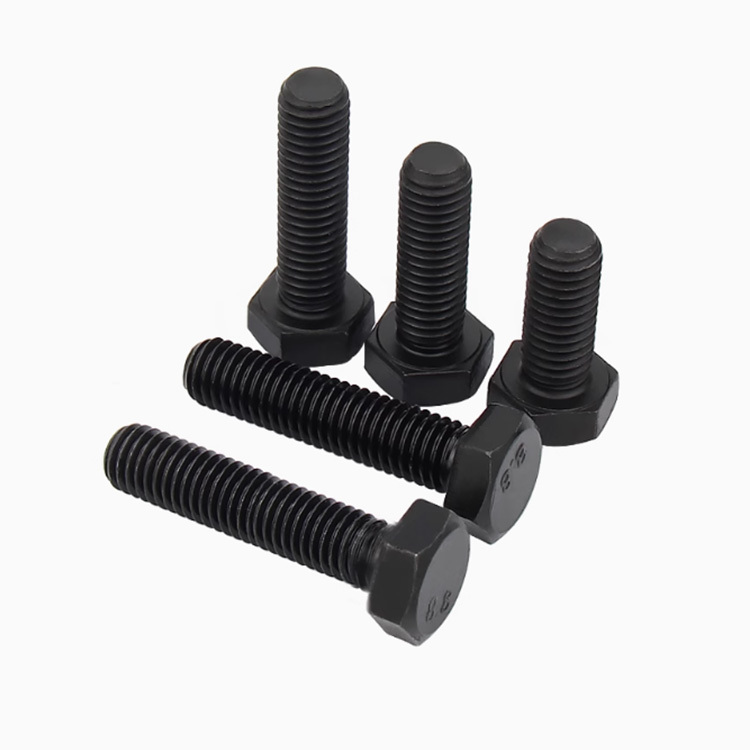
Beyond Basics: The Engineering Behind High Strength Hexagon Bolts
Table of Contents
- 1. Introduction to High Strength Hexagon Bolts
- 2. Design Considerations for High Strength Hexagon Bolts
- 3. Materials Used in High Strength Hexagon Bolts
- 4. Manufacturing Processes of High Strength Hexagon Bolts
- 5. Applications of High Strength Hexagon Bolts in Industry
- 6. Advantages of Using High Strength Hexagon Bolts
- 7. Industry Standards and Certifications for High Strength Hexagon Bolts
- 8. Maintenance and Inspection of High Strength Hexagon Bolts
- 9. Frequently Asked Questions (FAQs)
- 10. Conclusion
1. Introduction to High Strength Hexagon Bolts
High strength hexagon bolts are essential components in various engineering applications, known for their reliability and durability. Designed to withstand high tensile loads and harsh environments, these bolts provide optimal fastening solutions in industries ranging from construction to automotive manufacturing. Understanding the engineering principles behind these bolts allows us to appreciate their significance in ensuring structural integrity and safety.
2. Design Considerations for High Strength Hexagon Bolts
The design of high strength hexagon bolts involves several critical factors that influence their performance. These include:
2.1 Load Requirements
Designers must first determine the load requirements of the application. High strength hexagon bolts must be capable of handling the maximum stress they will encounter, which includes both static and dynamic loads.
2.2 Bolt Dimensions
Dimensions such as the bolt diameter, length, and thread type are crucial in ensuring compatibility with the corresponding nuts and assemblies. Larger diameters typically offer greater strength, while longer bolts may require additional considerations for thread engagement.
2.3 Thread Design
The thread design of hexagon bolts significantly affects their loading capacity and resistance to stripping. Designers often opt for coarse or fine threads based on the specific application requirements.
3. Materials Used in High Strength Hexagon Bolts
The choice of material plays a vital role in the performance of high strength hexagon bolts. Common materials include:
3.1 Alloy Steel
Many high strength hexagon bolts are made from alloy steel, which is known for its superior strength and toughness. It can be heat-treated to enhance its properties further.
3.2 Stainless Steel
Stainless steel bolts are preferred in environments prone to corrosion. They offer excellent resistance to rust and degradation, making them suitable for marine and chemical applications.
3.3 Carbon Steel
Carbon steel bolts are often used for general-purpose applications. While they may not have the same corrosion resistance as stainless steel, they can be alloyed or coated to improve durability.
4. Manufacturing Processes of High Strength Hexagon Bolts
The manufacturing of high strength hexagon bolts involves several steps to ensure precision and quality:
4.1 Forging
The initial step often involves forging, where metal is shaped under high pressure into the desired form. This process enhances the mechanical properties of the steel.
4.2 Machining
Following forging, the bolts undergo machining to achieve the required dimensions and thread profiles. This step is crucial for ensuring compatibility with nuts and assemblies.
4.3 Heat Treatment
Heat treatment processes such as quenching and tempering are applied to bolster the strength and hardness of the bolts, making them suitable for high-stress applications.
4.4 Surface Finishing
Finally, surface treatments like plating or coating are employed to enhance corrosion resistance and improve the aesthetic appearance of high strength hexagon bolts.
5. Applications of High Strength Hexagon Bolts in Industry
High strength hexagon bolts find applications across a range of industries:
5.1 Construction
In the construction industry, these bolts are widely used in structural steel assemblies, ensuring the stability and safety of buildings and bridges.
5.2 Automotive
Automotive manufacturers rely on high strength hexagon bolts for assembling critical components, from engine mounts to suspension systems, where durability and reliability are paramount.
5.3 Machinery
In heavy machinery and equipment, high strength hexagon bolts are used to secure parts under extreme conditions, contributing to overall operational efficiency.
6. Advantages of Using High Strength Hexagon Bolts
Utilizing high strength hexagon bolts offers numerous benefits, including:
6.1 Increased Load Capacity
These bolts are engineered to handle higher loads compared to standard fasteners, making them indispensable in heavy-duty applications.
6.2 Enhanced Durability
The materials and manufacturing processes used in high strength hexagon bolts result in superior durability, ensuring longer service life even in challenging environments.
6.3 Safety Assurance
High strength hexagon bolts contribute to the overall safety of structures and machinery by providing reliable fastening solutions that minimize the risk of failure.
7. Industry Standards and Certifications for High Strength Hexagon Bolts
Compliance with industry standards is crucial for high strength hexagon bolts. Various organizations, such as ASTM and ISO, provide guidelines that ensure these fasteners meet specific performance criteria.
7.1 ASTM Standards
The American Society for Testing and Materials (ASTM) outlines specifications for different grades of hexagon bolts, focusing on material properties and tensile strength.
7.2 ISO Certifications
The International Organization for Standardization (ISO) sets global standards for bolts, facilitating quality assurance and consistency across manufacturers.
8. Maintenance and Inspection of High Strength Hexagon Bolts
Regular maintenance and inspection of high strength hexagon bolts are essential to ensure their continued performance.
8.1 Visual Inspections
Conducting routine visual inspections can help identify any signs of wear, corrosion, or loss of integrity.
8.2 Torque Checks
Performing torque checks ensures that bolts remain properly tightened, preventing loosening due to vibrations or changes in load.
9. Frequently Asked Questions (FAQs)
9.1 What is the difference between high strength hexagon bolts and regular bolts?
High strength hexagon bolts are engineered to withstand greater loads and stresses than regular bolts, making them suitable for heavy-duty applications.
9.2 How do I choose the right grade of hexagon bolt for my application?
Selecting the appropriate grade depends on factors such as the load requirements, environmental conditions, and specific industry standards.
9.3 Can high strength hexagon bolts be reused?
While they can be reused, it’s essential to inspect them for damage or wear before reinstallation to ensure safety and performance.
9.4 What applications commonly use high strength hexagon bolts?
They are commonly used in construction, automotive, and heavy machinery applications, where high reliability and load capacity are critical.
9.5 Are high strength hexagon bolts resistant to corrosion?
High strength hexagon bolts made from stainless steel or coated with anti-corrosion treatments offer enhanced resistance to environmental factors that cause rust and degradation.
10. Conclusion
High strength hexagon bolts play an indispensable role in the fabric of modern engineering, ensuring that structures and machines remain safe, reliable, and efficient. By understanding the engineering principles, materials, and manufacturing processes behind these fasteners, we can better appreciate their critical function in various industries. As technology advances, the demand for high strength hexagon bolts will continue to grow, solidifying their status as a cornerstone of engineering excellence.
Hot Tags:
Contact
E-mail:
Phone:
Address:
Yongnian Southwest Development Zone, Handan City, Hebei Province
PRODUCT SEARCH
Search And Quickly Find The Products You Need
The company has a modern production workshop and a professional technical team. It has introduced advanced automated production equipment from home and abroad, strictly controls every production link, is customer-centric, and is committed to providing customers with high-quality products and services.
Continue Search OR Customize Products



